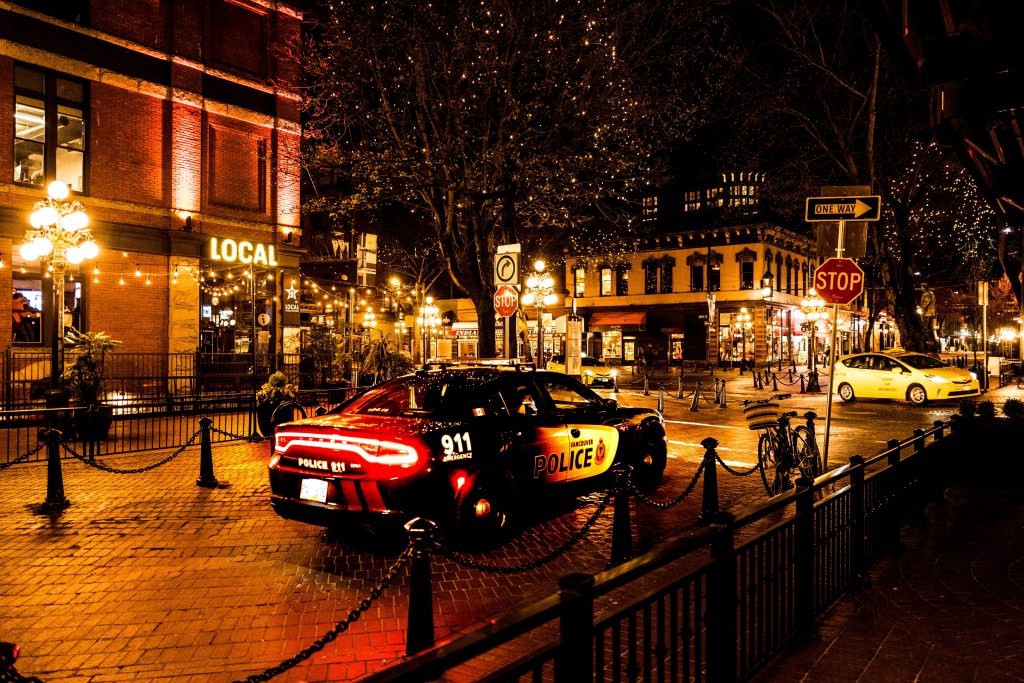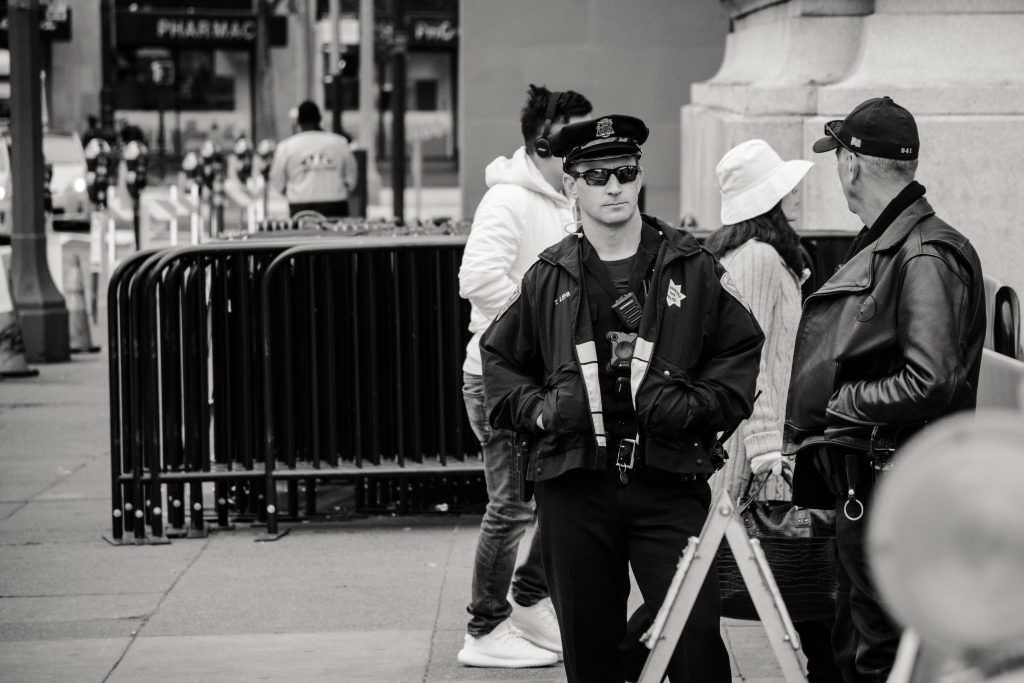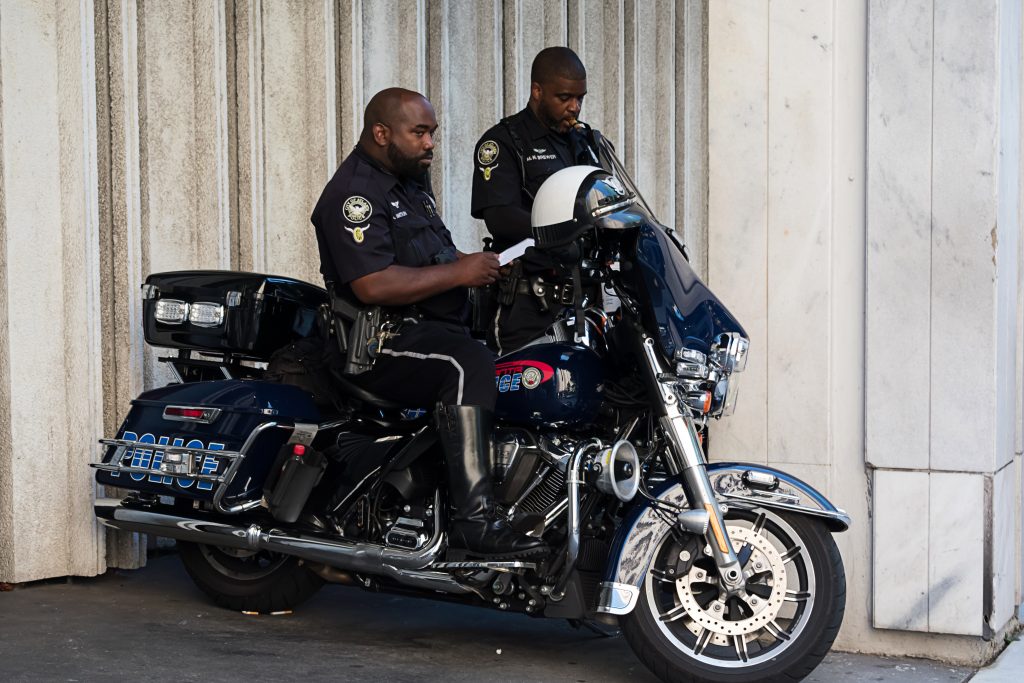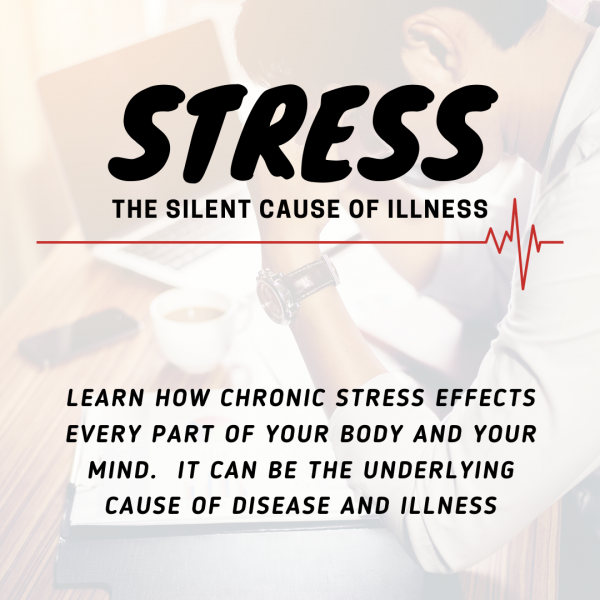Police Officers and Law Enforcement are the front-line defenders of our communities. The majority of Americans live in relative peace, going about their daily business with little thought of law and order, criminality, or threats to our livelihoods. But that doesn’t mean those threats are gone, in fact, they are alive and well in every community in our beautiful country.
Our police and law enforcement risk their own lives every day to ensure that we are free to worry about superficial concerns. They are the defenders of our communities and citizens against those who aim to do harm. So how can I support the police?
It is important to remember that the vast majority of Americans do not come in contact with law enforcement because they are law-abiding citizens. I was shocked to learn that 95% of crime is committed by only 5% of our population.
Law enforcement is the cornerstone of our civilization and the foundation to our system of law and order. They deserve our support, appreciation, and gratitude. There are so many ways you can get involved with your local law enforcement and show them how thankful we are.
The majority of the items below I was able to glean from a Quora Forum post, dating back almost 8 years. I have noted the names on the individual entries, but will also leave the link to the forum at the end of this article.

Everyone loves snacks, especially our law enforcement. – M. Gordon, Retired City Cop
Their jobs are physically demanding and they may not have time to eat something frequently. Dropping off snacks, or treats is a great way to show appreciation and kindness.
Most departments ask that they be wrapped and avoid homemade as there are safety concerns. Having pizzas or sandwiches delivered is also a great option.

And make sure to spread your goodies out over different shifts, as what is dropped off during the day usually is gone by the night shift.
Be someone the cops don’t have to worry about. – T. Dees, Retired Reno Cop
LE’s time is precious, don’t waste it and don’t take it up by making poor choices. Protect yourself and your loved ones by keeping your car and home locked, making good choices, avoiding needless risks or acting recklessly. Ultimately, be a responsible American.
Cards, letters, and notes of gratitude. – M. Gordon, Retired City Cop
If may seem small, but greeting cards, thank you cards, and letters of appreciation are shared throughout the department. And are greatly appreciated by all law enforcement. Have children draw pictures, thank them for their sacrifice and compassion, and show them how much you see their service.
Be vigilant and look out for your community. – T. Dees, Retired Reno Cop
Become an active participant in your own safety and well being. Know your neighborhood, what is normal and what isn’t. And report things that are out of place or seem suspicious, odds are you know your neighborhood the best.
Purchase their meal or coffee. – M. Gordon, Retired City Cop
If you see an LE out, anonymously purchase their meal or coffee. Remember to avoid taking up their time, as they are probably on a short but needed break.

“How can I help you do your jobs?” – T. Dees, Retired Reno Cop
If you’re really unsure or would like to see what your local department needs specifically, feel free to call your local non-emergency line and ask, “How can I help you do your jobs?” or “How can I offer my support?”

Donate time or money. – M. Gordon, Retired City Cop
Many local law enforcement agencies have funds or charities that support the LE’s. Many even have benevolent funds that support the children and spouses of fallen officers. If you don’t have the funds, offer your time. Some of these organizations host fundraisers or need volunteers for different community service projects.
Educate your children. – T. Dees, Retired Reno Cop
The best thing you can do as a parent is teach your children about law enforcement. Their purpose, their sacrifice, and the challenges they face. Teach your children to respect law enforcement and how to interact with them to ensure the safety of themselves and the officers.
Smile, wave, and say thank you. – M. Gordon, Retired City Cop
Feel free to express your appreciation any time you see a member of law enforcement. Smile, wave, and say thank at every opportunity. Shake their hand if it is offered, and do not be offended if it is not. There are security concerns, and many LE’s avoid close contact for their own personal protection regardless of the situation.
Utilize community services. – Corrie Hausman, White House Author
Many local police departments have set up apps and online services to report non-emergency issues like graffiti or vandalism. Make sure to utilize these options as they save time and hassle for the police.
Remind them of the good people they protect and serve. – Anderson Moorer, Retired Medic
LE’s rarely interact with the great citizens of our communities. So make sure to take every opportunity to remind them, “the peace they are bound to enforce is real, enjoyed by good citizens who seldom encounter them, and that their guardianship of that peace is recognized and appreciated.”
Connect the community. – T. Dees, Retired Reno Cop

Set up opportunities for community members to get to know police. Things like Coffee with a Cop, Police Picnics, and dinners allows citizens to see the humanity behind our law enforcement. And they will see they are more than just the police. These are Husbands, Wives, Mothers, Fathers, sons, and daughters who are also protecting their community. We are far more likely to stay calm and be understanding if we know someone than if we don’t.

Remember cops are our front-line social workers.
Remember that our law enforcement officers are dealing with the most difficult and volatile of our population, the mentally ill, the addicts, the criminals, and those who seek to do harm. Always be patient, polite, and respectful at all times.
They are more than just “the law,” they are also the safety net for our mentally ill, the compassion for our homeless, and our security that keeps our world turning.
Offer to be a liaison between LE and disenfranchised communities.
How does a police officer communicate with a deaf person at a traffic stop? How do they communicate with someone who is mentally ill, doesn’t speak English, or any number of other situations?
If you have special talents or unique understandings of specific communities, offer to liaise between the local police and your community. Open the bridge of communication so that the LE’s can better interact with your community members. At times, it is simply a matter of education and exposure. There are diverse techniques and abilities that officers can have to work with good people who may not be able to communicate or understand.
Reach out to LE’s spouses and family members.
Just like the members of our military, the members of our law enforcement sacrifice their time at home to protect our time with our loved ones. It isn’t just the officer making this sacrifice, their entire family does as well.
Make sure to show your appreciation to the wives and husbands who watch their loved one head out every morning with the possibility of not returning. Give them just as much support as you do law enforcement, because the spouses and children are sacrificing for the good of the community as well.

If you have any other ideas or contributions, please share them with us in the comments. I hope that you can take a few moments to do at least one of these action items to express your appreciation. The police and law enforcement are few, and without our support they are put at even greater risk.
Thank you to every member of law enforcement current and past, every police officer, sheriff, and fire fighter current and past, every spouse, child, and loved one of a LE. You are appreciated, your sacrifice is seen, and we are here to support and cherish you the same way you cherish our beautiful country.










